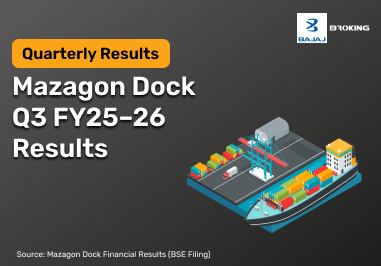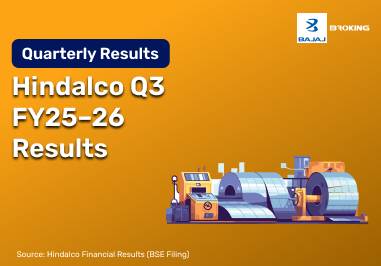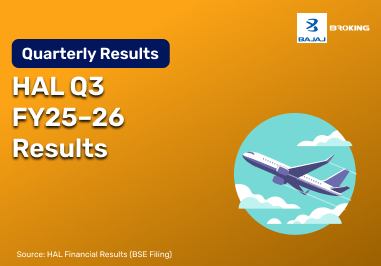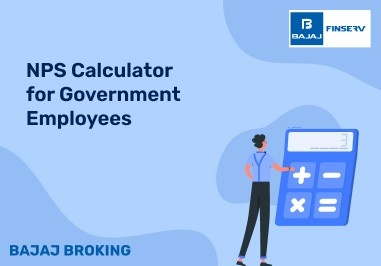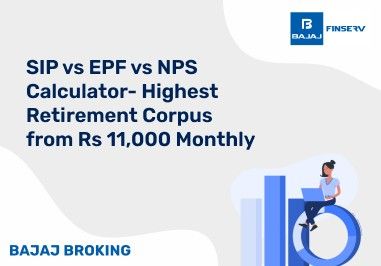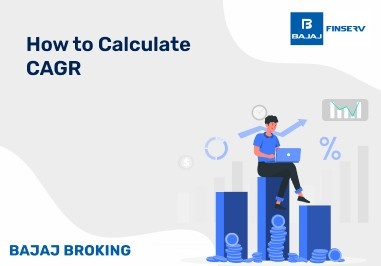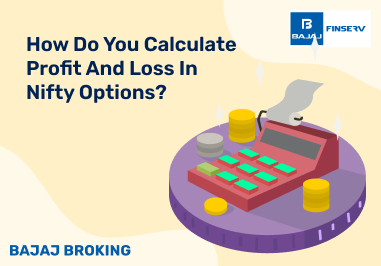What is MCX Trading Account?
MCX is an acronym for Multi Commodity Exchange, which is the largest commodity exchange in India. It enables traders to buy and sell futures and options contracts of various commodities, such as gold, silver, copper, crude oil, natural gas, cotton, sugar, and more.
MCX offers several benefits for commodity traders, such as:
- Transparency: MCX provides a clear and fair platform where the prices, volumes, and movements of different commodities are visible to all participants. This helps traders to make informed decisions based on reliable data.
- Diversity: MCX offers a wide range of opportunities for traders to diversify their portfolio and hedge their risks. It has multiple contracts of different commodities with different expiry dates and specifications. Traders can choose the contracts that suit their preferences and objectives.
- Simplicity: MCX makes trading in commodities easy and convenient for traders. It has a well-established system of trading, clearing, settlement, delivery, and warehousing. It also follows the regulatory framework of SEBI, which ensures the safety and integrity of the market.
Commodities Traded on MCX
The Multi Commodity Exchange (MCX) of India facilitates trading in a wide range of commodities, spanning metals, energy products, and agricultural goods. It provides a regulated platform for price discovery, hedging, and investment in commodity derivatives.
Physical Commodities:
These are tangible goods like gold, silver, crude oil, natural gas, cotton, and agricultural products such as turmeric, mentha oil, and cardamom. While physical delivery is allowed in some contracts, most retail traders engage in speculation or hedging without taking actual delivery. These commodities are driven by seasonal patterns, demand-supply dynamics, and global trends.
Commodity Futures Market:
MCX primarily operates as a futures market where contracts are bought or sold for settlement at a future date. Futures trading enables participants to lock in prices, manage price risks, and gain from short-term market movements. Commodity futures are standardised contracts regulated by SEBI, offering leverage and transparency. They are widely used by hedgers, traders, and institutional players.
Commodity Associated Stocks:
Investors who prefer equity markets can also gain exposure to commodities indirectly by trading in stocks of companies engaged in commodity production. Examples include mining companies, oil refiners, fertiliser firms, and metal manufacturers. These stocks often mirror commodity price movements and offer an alternative to futures for those with a lower risk appetite.
Additional Read: What is Commodity Options Trading
How To Trade on MCX?
Trading on the MCX involves a few structured steps that ensure compliance with regulatory norms and protect investor interests. Here's a simple guide to get started:
Step 1: Open a Commodity Trading Account
Approach a SEBI-registered broker offering commodity trading services. Open a commodity demat and trading account by submitting your KYC documents, including PAN card, Aadhaar, and bank proof.
Step 2: Choose Your Trading Segment
Select from commodity groups like metals (gold, silver), energy (crude oil, natural gas), or agri (cotton, spices). Study the contract specifications such as lot size, tick value, and expiry date.
Step 3: Fund Your Account
Transfer funds to your trading account. Ensure sufficient margin is maintained as per the broker’s and exchange’s requirements. Margins differ for intraday and carry-forward positions.
Step 4: Analyse and Place Orders
Use charts, technical indicators, and news updates to assess market trends. Decide your entry, stop-loss, and target levels. Place your buy/sell order using the broker’s trading platform.
Step 5: Monitor and Exit Position
Track price movements and manage risk with stop-loss or trailing stop-loss orders. Exit your position before expiry if you’re not opting for delivery. Profits and losses are settled daily based on MTM (Mark-to-Market).
Trading on MCX demands market awareness and risk management. New traders should start small, use tools like margin calculators, and gradually build experience.
Factors Influencing Multi Commodity Exchange
To trade in commodities through MCX, traders need to open a trading account with a registered broker who is a member of the exchange. The broker will provide the necessary guidance and support to the traders in executing their orders and managing their positions. Traders also need to be aware of the factors that influence the prices of commodities in India, such as:
- Weather conditions: Weather plays a crucial role in the production and supply of agricultural commodities. Any change in weather patterns can affect the crop yield and quality, which in turn affects the prices.
- Economic and political conditions: The demand and supply of commodities are also affected by the overall economic and political situation in the country and the world. A strong economy boosts the consumption of commodities, while a weak economy reduces it. Similarly, any political instability or conflict can disrupt the trade and transport of commodities, which can cause price fluctuations.
- Government policies: The government can also impact the prices of commodities through its policies and interventions. For example, the government can control the production and distribution of some commodities like coal and food grains. It can also influence the prices by imposing taxes, subsidies, tariffs, quotas, or bans on certain commodities.
Benefits of MCX Trading
- It allows traders to access a wide range of commodities, such as metals, energy, agro, and bullion, and diversify their portfolio.
- It provides a transparent and fair platform for trading in commodities, where the prices, volumes, and movements are visible to all participants.
- It offers various contracts of different commodities with different expiry dates and specifications, which gives traders the flexibility and choice to trade according to their preferences and objectives.
- It facilitates the trading, clearing, settlement, delivery, and warehousing of commodities in a smooth and efficient manner, with the help of its well-established system and infrastructure.
- It follows the regulatory framework of SEBI, which ensures the safety and integrity of the market and protects the interests of the traders.
Features of Commodity Trading on MCX
If you’re curious about how to get into commodity trading, it’s easier than you might think. You can securely trade commodities without worrying about risks from others by using commodity exchanges. India has several of these, but the biggest one is MCX, short for Multi Commodity Exchange. MCX handles everything from trading to sorting out the details and finalising deals for commodity futures in India. It began its journey back in 2003 and used to be regulated by the Forward Markets Commission (FMC). Now, with FMC merging into the Securities and Exchange Board of India (SEBI), MCX operates under SEBI’s rules.
Inside MCX, there are different teams for different jobs, like keeping an eye on trading (the surveillance unit), ensuring transactions run smoothly (clearing and settlement unit), handling deliveries, and taking care of storage and logistics. Plus, you can trade in all sorts of commodities: precious stuff like gold and silver, everyday things like copper and aluminium, energy sources like oil and gas, and agricultural products like grains and spices. It’s straightforward to trade on the Multi Commodity Exchange, but it’s wise to understand what factors can affect commodity prices in India before you start.
To trade in commodities, you need to follow these steps:
- Open a trading account with a registered broker who is a member of a commodity exchange like MCX. The broker will provide you with the necessary guidance and support to trade in commodities.
- Choose the commodity you want to trade from the four major categories: bullion, base metals, energy, and agro commodities. Each commodity has different contracts with different expiry dates and specifications. You can check the contract details on the MCX website or through your broker.
- Place your order through your broker or online trading platform. You can either buy or sell a commodity contract depending on your market view and strategy. You can also use various tools and indicators to analyse the market trends and movements.
- Monitor your position and margin requirements. You need to maintain a sufficient margin in your account to trade in commodities. The margin amount depends on the commodity, contract, and market volatility. You can check the margin rates on the MCX website or through your broker.
- Close your position before the expiry date of the contract or take delivery of the commodity. If you do not close your position before the expiry date, you will have to either deliver or receive the commodity as per the contract terms. You can also opt for cash settlement if the contract allows it.
Trading in commodities can be rewarding if done with proper knowledge and strategy. You should also be aware of the factors that affect the prices of commodities in India, such as weather conditions, economic and political conditions, and government policies. You can get more information about these factors from various sources like news, reports, and analysis.
Conclusion
In summary, MCX is a leading commodity exchange that offers a transparent, diverse, and simple platform for trading in various commodities. Trading in commodities can be profitable if done with proper strategy and knowledge. Commodity exchanges like MCX help traders to access and benefit from the commodity market in India.


